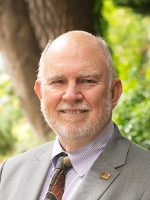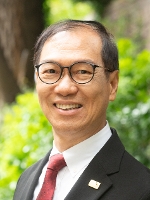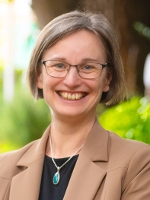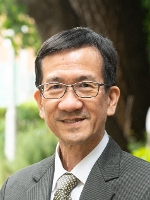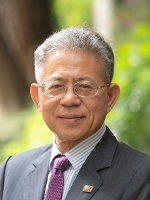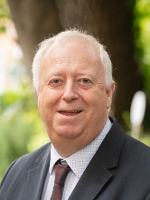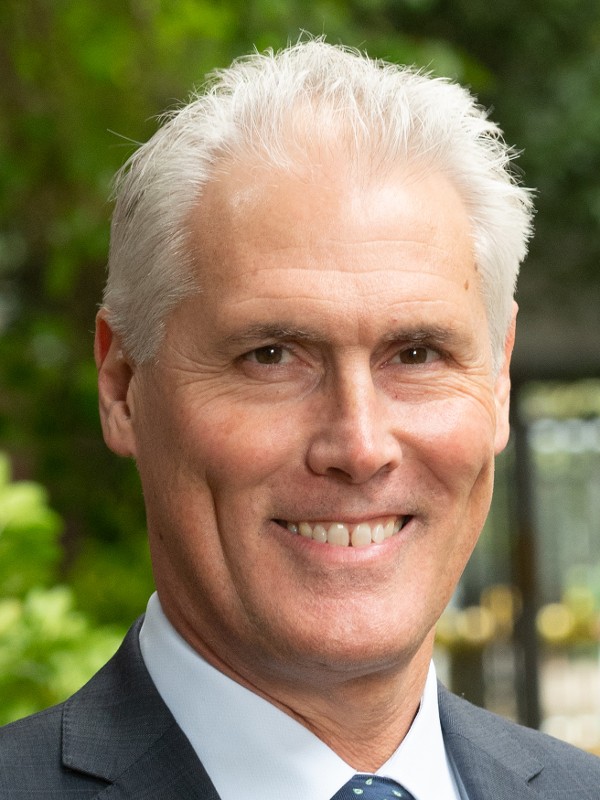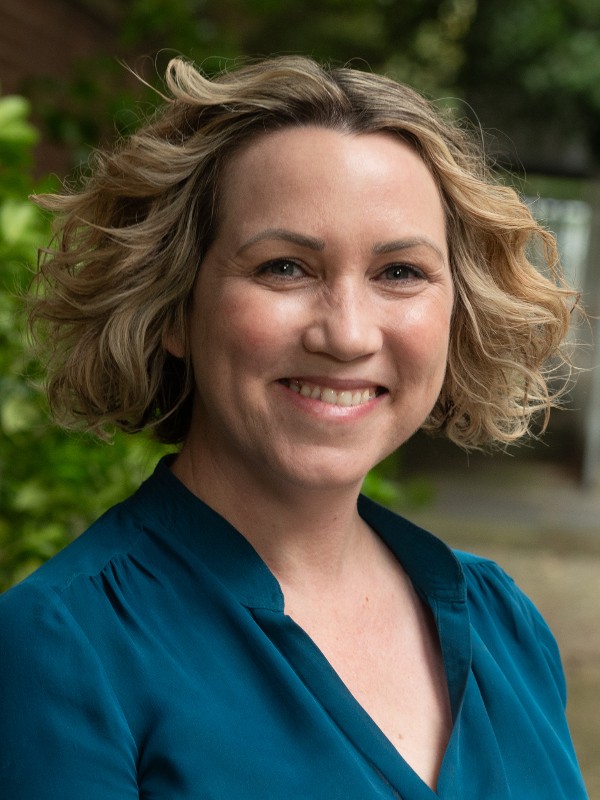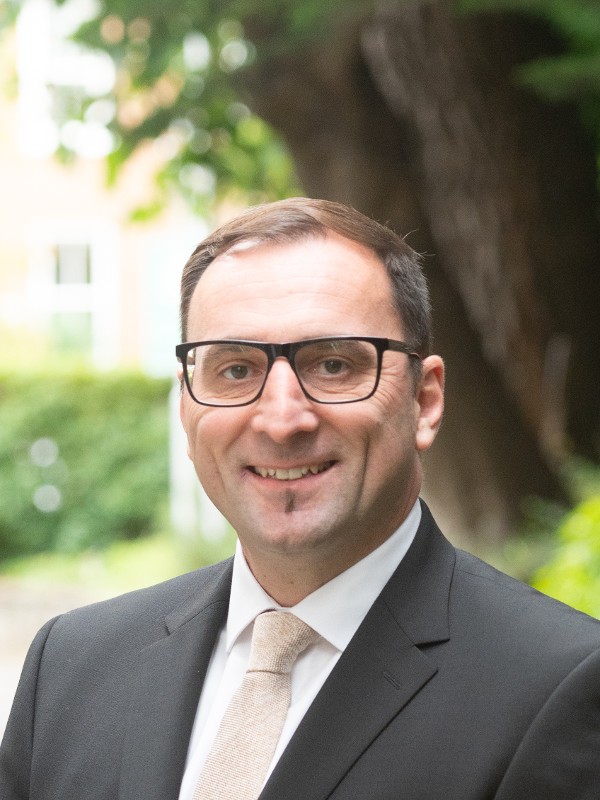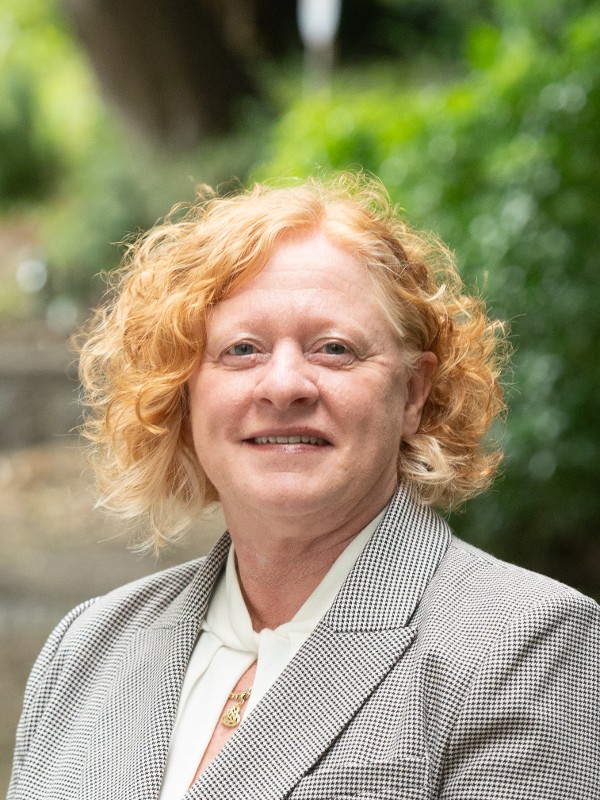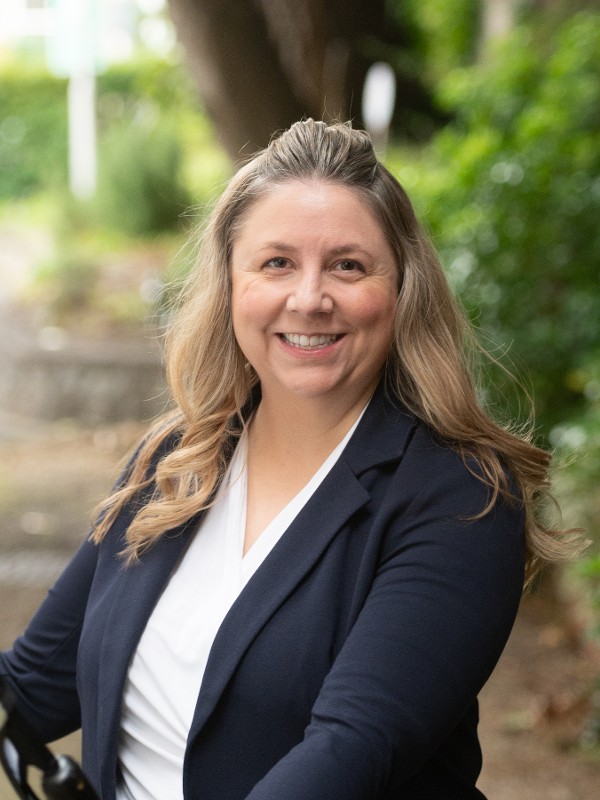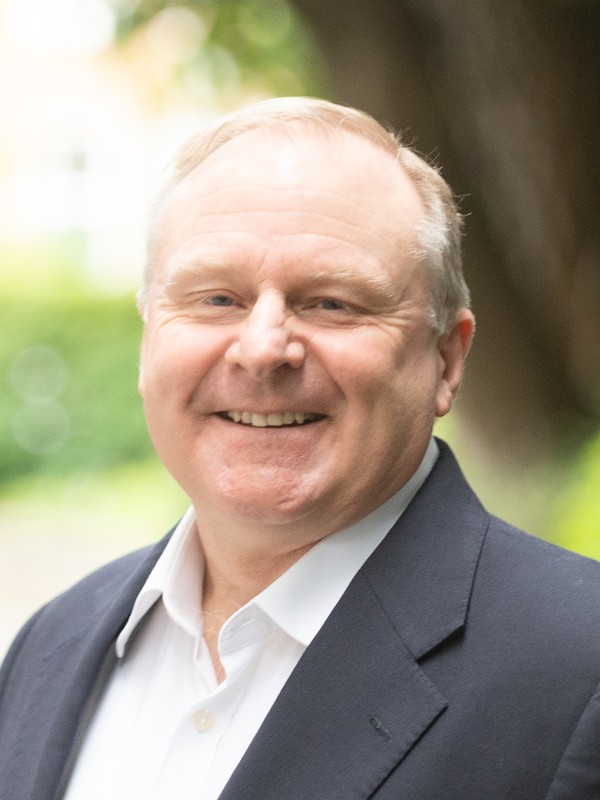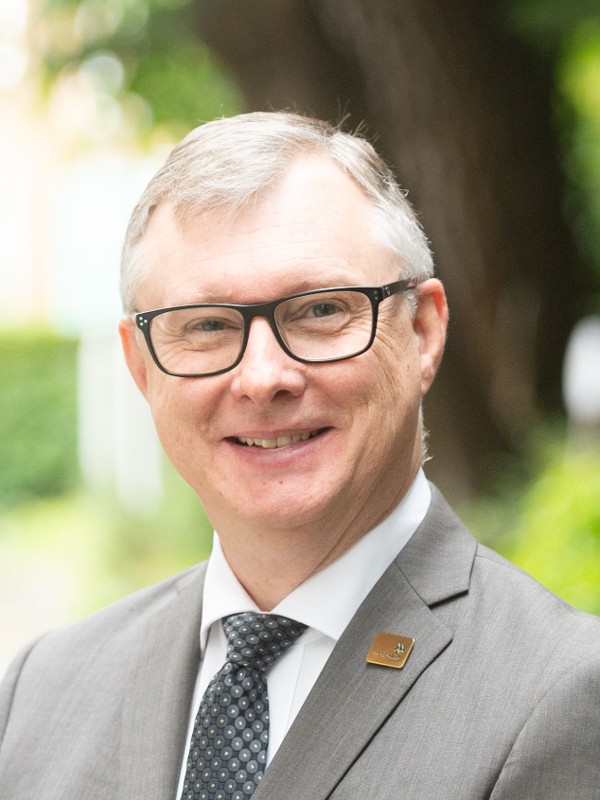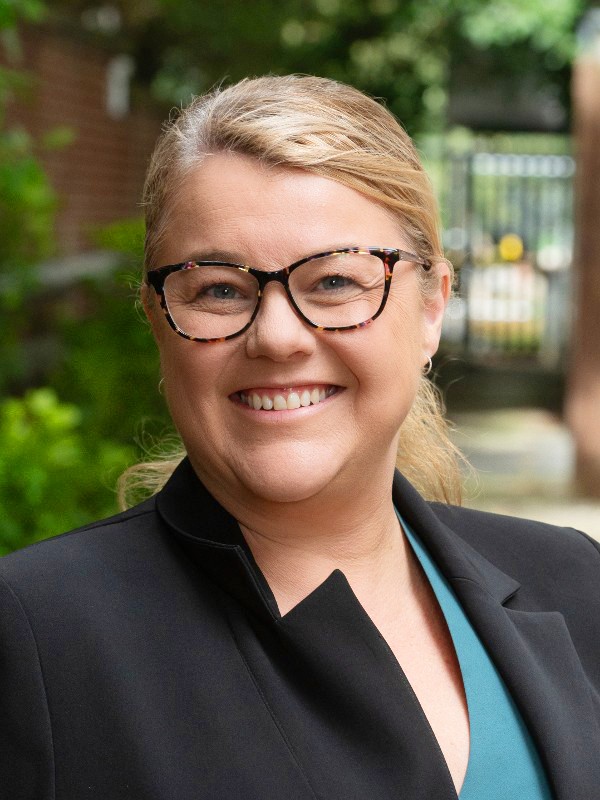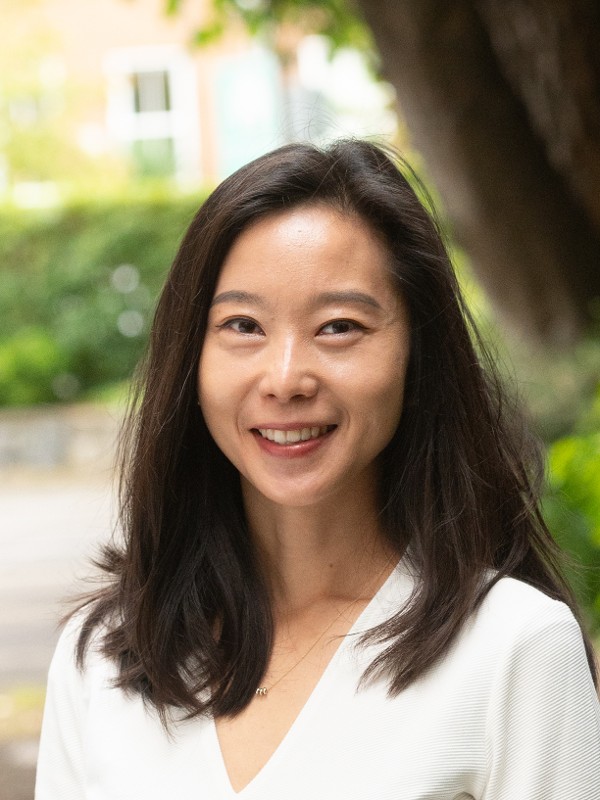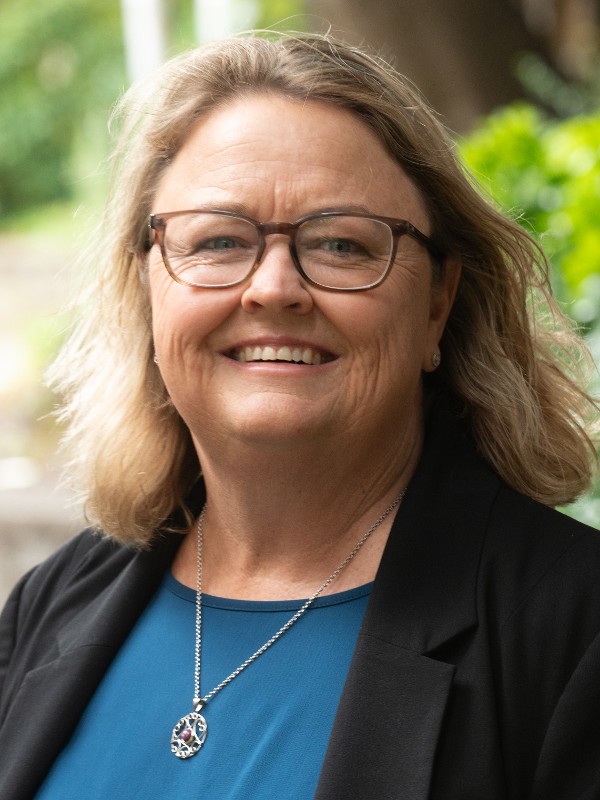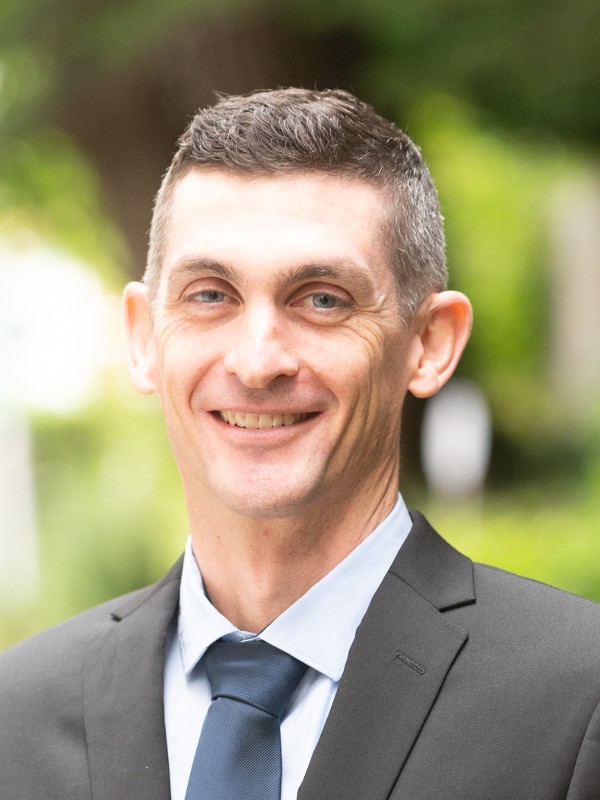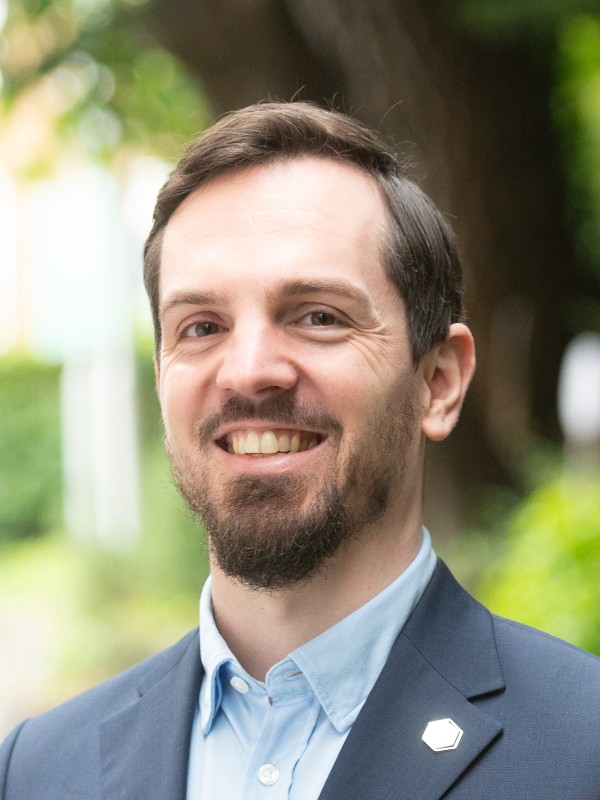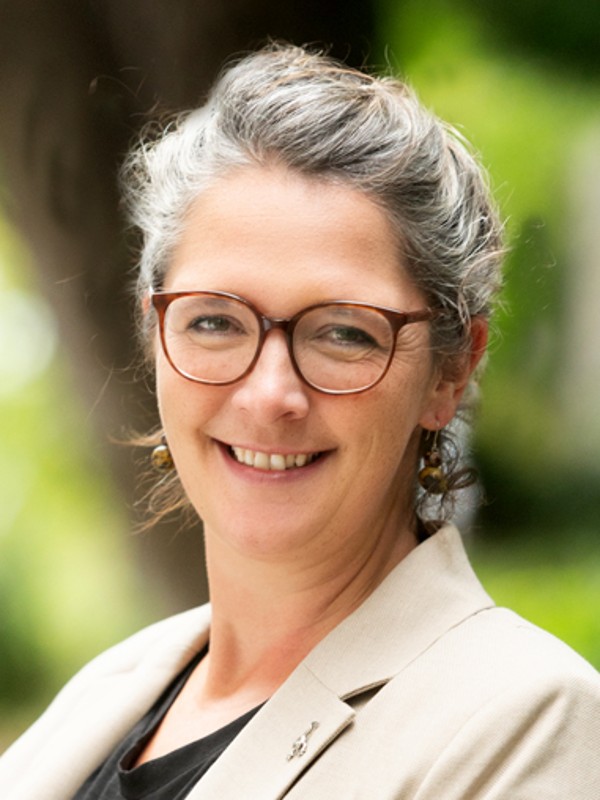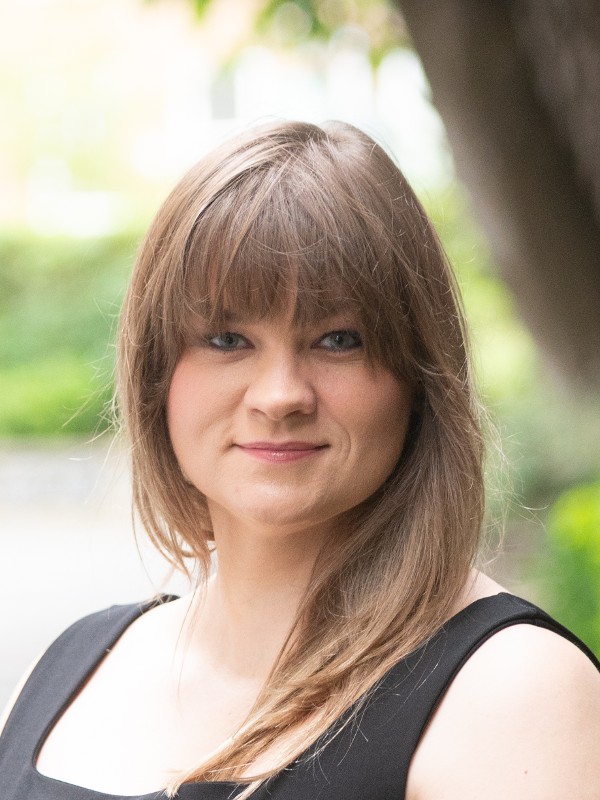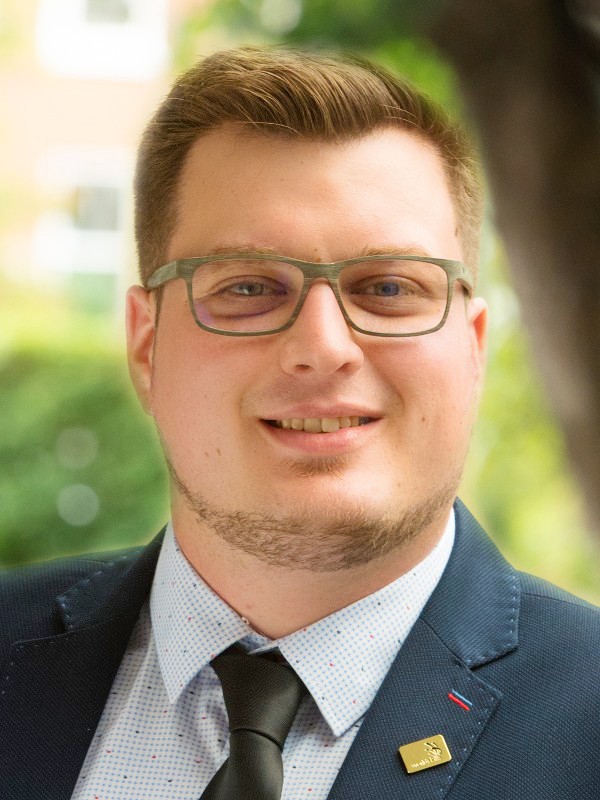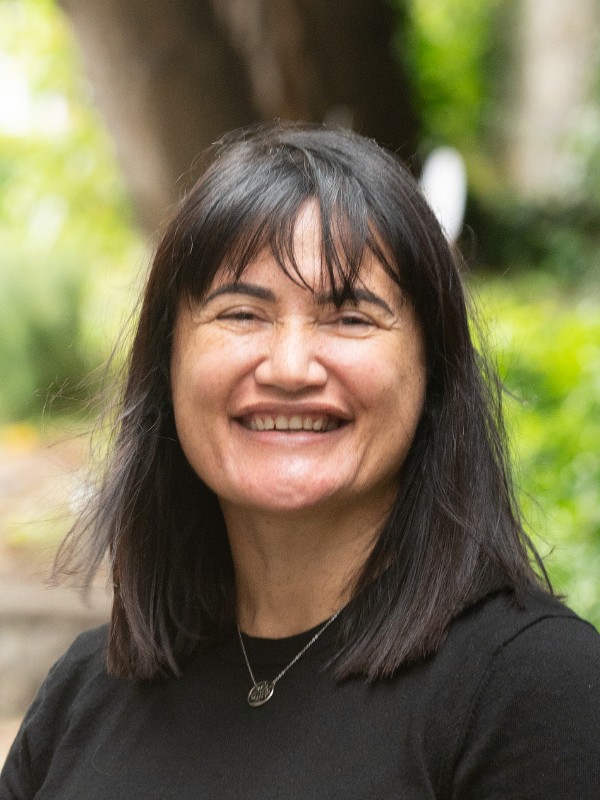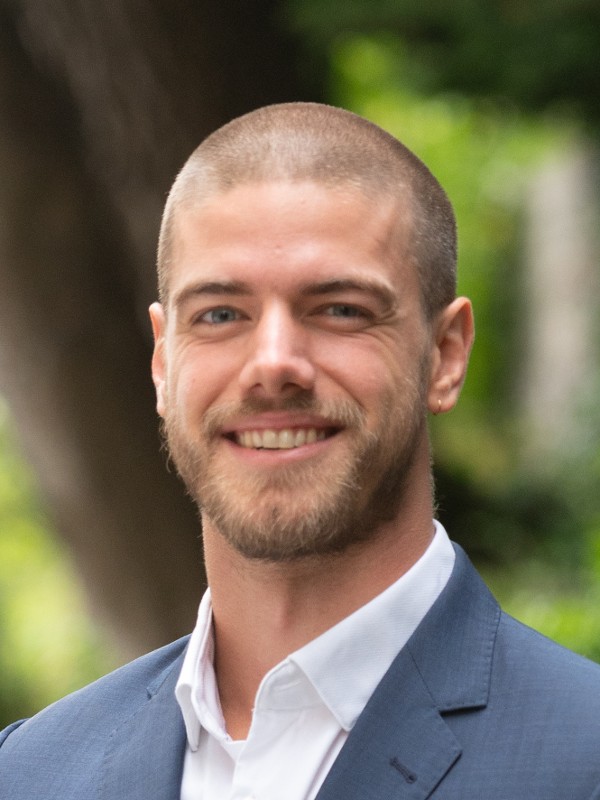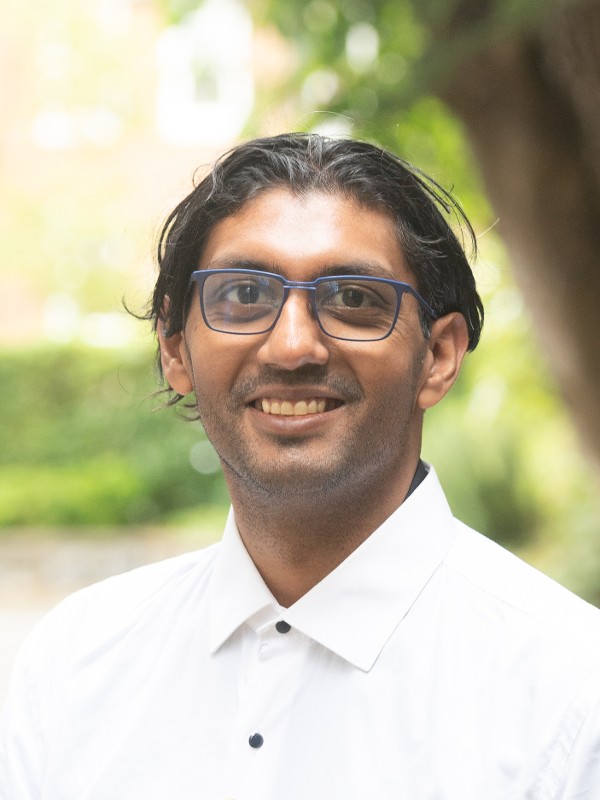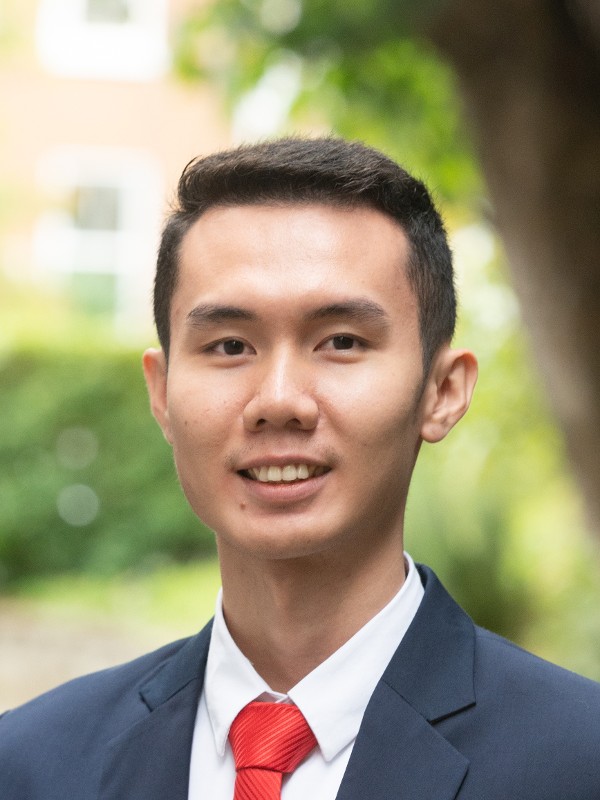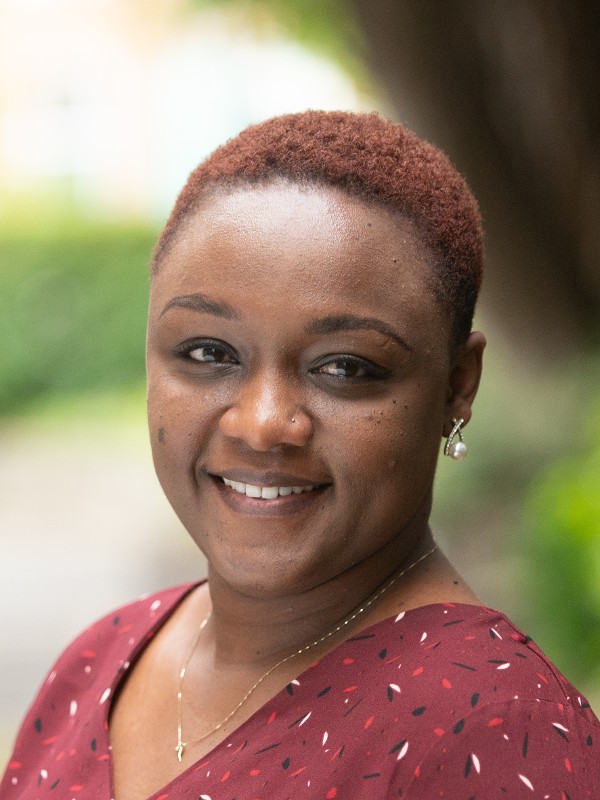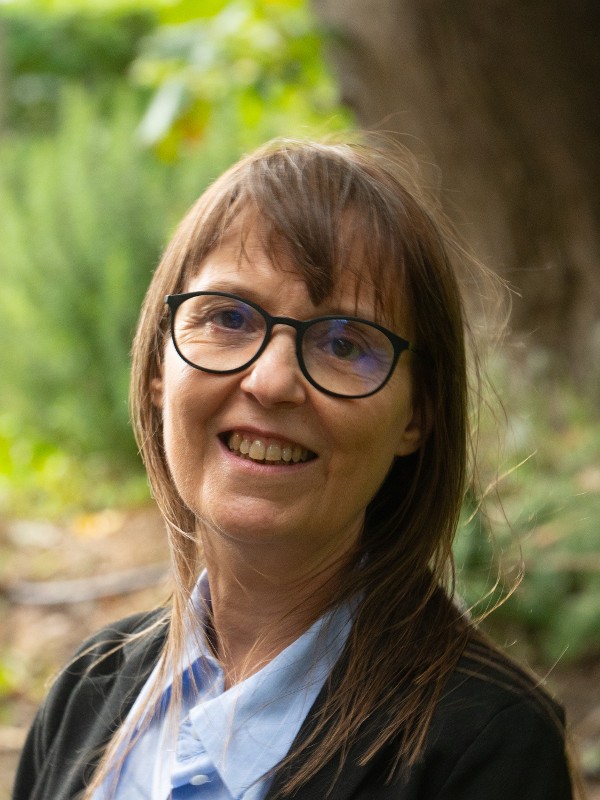About us
WorldSkills has built a movement that is changing the lives of young people through skills. Our 87 Member organizations reach two-thirds of the world’s population and create measurable impact at every level.
They build the confidence of millions of young people, empowering communities and fueling economies.
WorldSkills is a movement of change.
Contents
Board
-
Chris Humphries
President and Chair of the Board
-
Alexander Erdmann
Treasurer
-
Michael K K Fung
Board member – Competitions
-
Laurence Gates
Board member – Strategic Development
-
Heng Guan Teck
Board member - Strategic Development
-
San-Quei Lin
Board member – Strategic Development
-
Stefan Praschl
Board member – Competitions
Secretariat
-
David Hoey
Chief Executive Officer
-
Cara McCormack
Executive Assistant to the CEO
-
Alexander Amiri
Director of Sponsorship and Partnership
-
Jane Stokie
Director of Skills Competitions
-
Shawna Bourke
Director of Marketing and Communications
-
Mark Callaghan
Director of Event Operations and WorldSkills Museum Project Director
-
John Cox
Senior Manager of Operations and Information Systems
-
Michelle Hardy
Senior Manager of Event Operations
-
Grace Lung
Senior Manager of Partnership Programmes
-
Jane Scott
Senior Manager of Finance
-
Adam Walsh
Senior Manager of Software Engineering
-
Fabian Vogler
Senior Software and Systems Engineer
-
Paul Doran
Senior Manager of Skills Competitions
-
Luise Kuehnel
Skills Competitions Administration Manager
-
Natalia Wrobel
Project Manager
-
Zsolt Szekeres
Skills Competitions Infrastructure Manager
-
Genaya Nahu
Event Operations Manager
-
Semyon Nerodi-Grechka
Sponsorship and Partnership Manager
-
Oliver Dubois du Bellay
Projects and Member Services Manager
-
Waseem Sabjee
Software Engineer
-
Hengky Sanjaya
Software Engineer
-
Cynthia Umurungi
Marketing and Communications Manager
WorldSkills Museum Project Team
-
Mark Callaghan
Director of Event Operations and WorldSkills Museum Project Director
-
Nuria Portland
WorldSkills Museum Project Coordinator
WorldSkills vision
Improving our world with the power of skills.
WorldSkills mission
To raise the profile and recognition of skilled people, and show how important skills are in achieving economic growth and personal success.
WorldSkills position
The global hub for skills excellence and development.
Vision 2025
Our strategic plan for improving the world with the power of skills.
History
1946

WorldSkills rose out of the ruins of the Second World War, which devastated the economies of Europe and created a huge skills shortage that threatened a new economic depression.
1950

Some took this challenge as an opportunity to introduce young people to the world of vocational skills. Francisco Albert Vidal was charged with creating a skills contest for the youth of Spain and Portugal. Madrid 1950 was a modest event by today’s standards but an international movement was born.
1953

The competition grew rapidly. Young people from Germany, Great Britain, France, Morocco and Switzerland answered the call, with two competitors travelling to Spain unannounced and at their own expense.
1958

The competition moved abroad for the first time, to Brussels in Belgium. It was the start of the WorldSkills movement expanding across the globe.
1960s

By the end of the 1960s, international competitions had been held in Germany, Great Britain, Ireland, the Netherlands and Switzerland.
1970

Then came the biggest leap so far with Tokyo as the host city for 1970. By the end of the 1980s, Atlanta in the USA, Sydney in Australia, Seoul in Korea, and Chinese Taipei had all welcomed what was becoming the world’s greatest international vocational skills event.
2007

WorldSkills Shizouka 2007 introduced One School One Country, now a staple of competition, in which pupils are introduced to vocational skills and the diverse cultures of the WorldSkills family by pairing each competition team with a local school in the host country.
2009

WorldSkills Calgary 2009 saw the biggest competition to date, with 850 young people taking part from 47 countries. Just a year later, the WorldSkills movement broke though the 50 country target, with 53 members.
2017

WorldSkills Abu Dhabi 2017 took the competition to the Middle East for the first time, and introduced the International TVET Youth Forum where participants worked to create a Youth Declaration on the future of skills and training.
WorldSkills today

The Competition moves from Kazan, Russia to Shanghai, China, but the WorldSkills movement has become much more than an international competition. The organisation is helping young people around the world change their lives through vocational skills.
Skills can change lives
We've helped millions of young people. Find out more about how we can help you
General Assemblies
The WorldSkills General Assembly (GA) is held every two years between the WorldSkills Competition.
The GA meeting schedule includes the meetings of WorldSkills International's Competition and Strategy Committees (comprised of the Technical and Official Delegates respectively, representing each WorldSkills Member Country/Region), along with the WorldSkills International General Assembly.
Official Documents
Constitution
Constitution of WorldSkills International.
Standing Orders
Governing procedures for WorldSkills International.
Competition Rules
The Competition Rules define the resolutions and rules for the organization and execution of the WorldSkills Competition incorporating all skill competitions. They are updated by the Competitions Committee and are ratified by the General Assembly.
Code of Ethics and Conduct
This code of ethics and conduct acts as a guide to behaviour and decision-making in accordance with WorldSkills International’s values and ethical standards.
WSI_OD04_code_of_ethics_and_conduct_v2.2_da.pdf
WSI_OD04_code_of_ethics_and_conduct_v2.2_en.pdf
WSI_OD04_code_of_ethics_and_conduct_v2.2_fr.pdf
